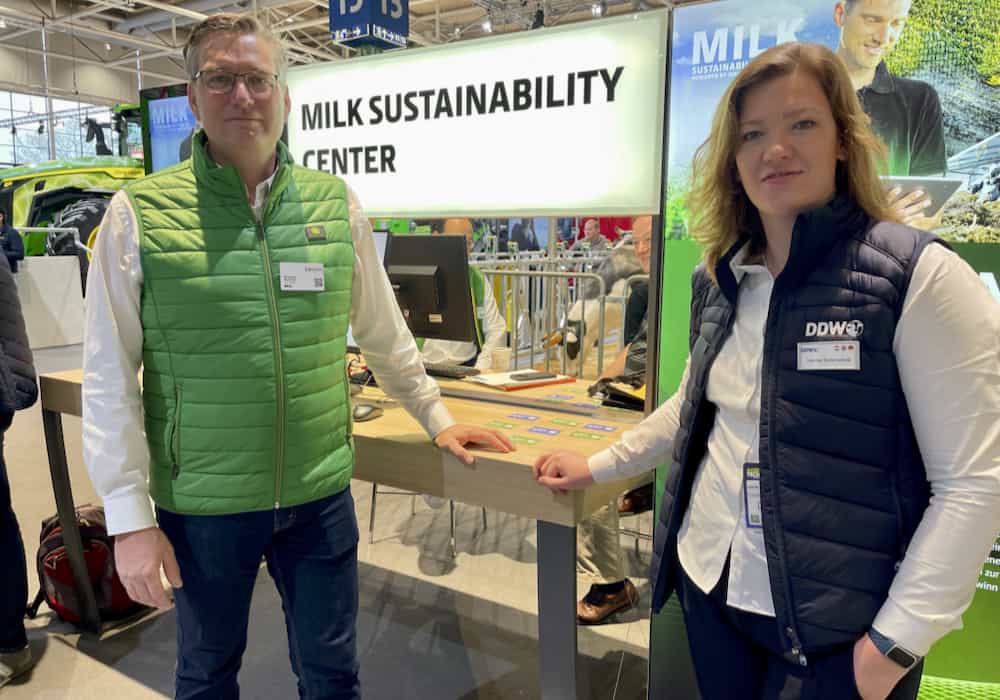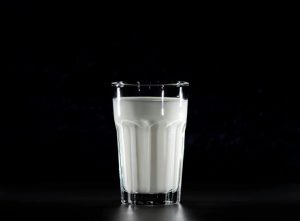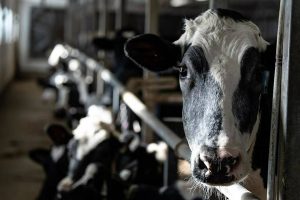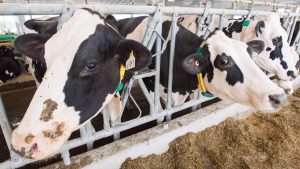
John Deere and DeLaval are the first partners in the Milk Sustainability Centre.
Two large industry players have come together to create a way for dairy farmers to consolidate data across their entire operations.
John Deere and DeLaval have created the Milk Sustainability Centre, which will bring data from dairy farmers for evaluation and decision-making around sustainability impact and efficiency.
Farmers might manage their milking with data systems from DeLaval or another milking equipment supplier. Then they have other systems that manage herd health and genetics. Some of those mix with overall herd management, like DairyComp.
But few dairy farm software packages integrate field operations, which take a whole other group of software to manage.
That’s where the Milk Sustainability Centre fits in.
“It’s such a complex system that very often farmers very well know what to do, what is the right thing to do, but sometimes it’s too much of an effort for them to gather the right data to support the decision making,” says Benjamin Buechner, manager of production systems advanced engineering at John Deere.
The Milk Sustainability Centre had a place in the John Deere display at Agritechnica, the huge farm machinery show in Hannover, Germany, that took place in November. The John Deere display showcased products that work in two different production systems — small grains and livestock.
Buechner was joined by staff from DeLaval and Dairy Data Warehouse, a DeLaval subsidiary that helps the dairy sector clean data from disparate sources and competing companies so it can be used to make decisions on farms.
“You get the feed on the feed mixer and into the software that we see and that the farmers work with, but what happened before that wasn’t visible to us.”
The effort is driven by demand around the world to measure nitrogen and carbon intensity, especially in Europe, but bringing field and barn data into one place can also help farmers benchmark and make management decisions around efficiency and nutrient costs.
Canadian dairy farmers have committed to producing net-zero carbon emissions by 2050, so this type of measurement will have value in Canada.
Farmers can use the tool to monitor current nutrient and carbon efficiency, but will then be able to put in target numbers to evaluate where future changes will have an effect.
“Is the needle moving or is it not? Is it really worth doing that effort?” asks Buechner. “Because especially these breeding efforts, like longevity, first age at calving, that’s something you don’t do overnight, right? It’s a three to five years effort.”
The system is designed so farmers can benchmark their operations for carbon footprint per kilogram of milk, which relates to carbon dioxide, methane and nitrous oxide. They can also benchmark nutrient use efficiency, which connects the use of nitrogen, phosphorus and potassium with what’s achieved from use of those nutrients.
“You convert more into edible protein output, and that’s going to save you some money, no doubt,” says Buechner.
“The more efficiently you produce your milk, the more efficiently you convert your nitrogen that you put into your field into protein outputs in grass or starch and corn. There’s something in your pocket, right? You do something to reduce your emissions and you save some money.”
DeLaval and John Deere are the first companies to commit to enabling farmers to make data available for the Milk Sustainability Centre, but they hope other companies will come on board so that, no matter what type of equipment a farm uses, benchmarking can easily be done.
There is no cost to use the Milk Sustainability Centre, says Hetterscheid. Farmers will incur costs if they can’t already gather the data at the farm level.
The centre will go live next summer in North America and parts of Europe, but farmers can sign up now to be notified when it is ready for use.

























